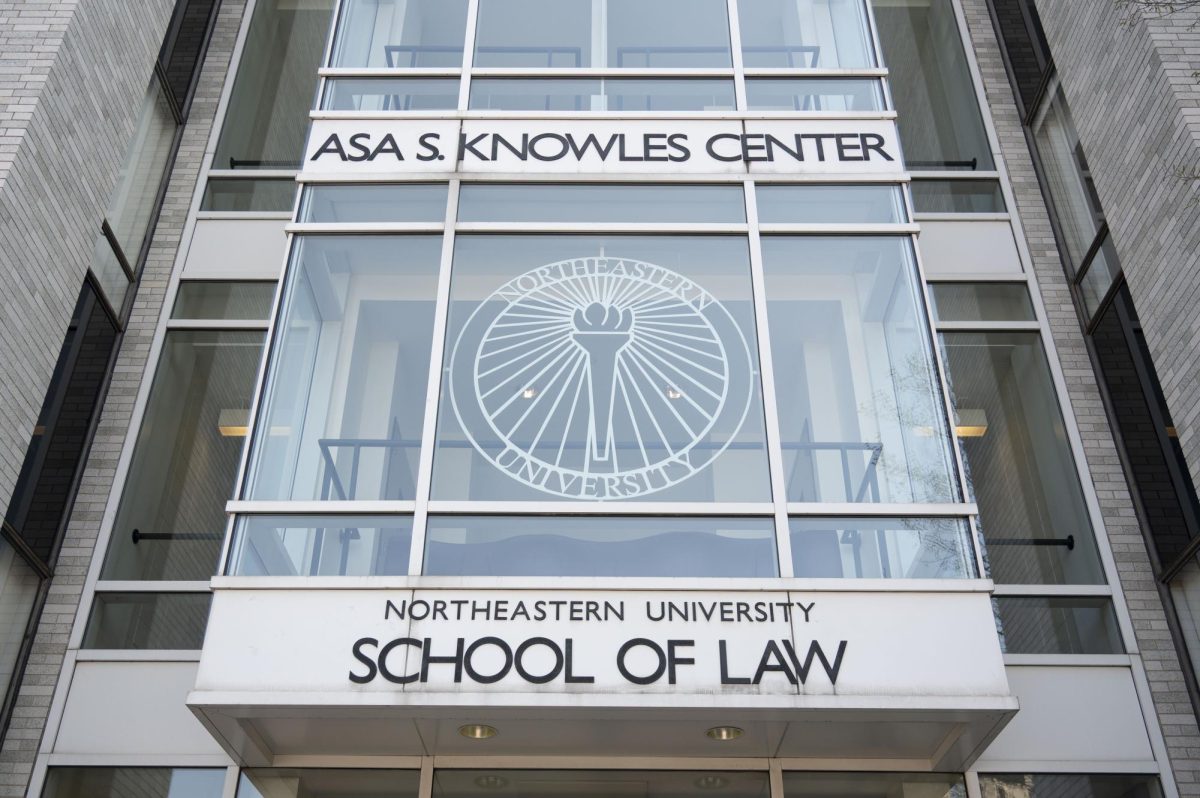By Juliana McLeod
Last April, over 200 schoolgirls were abducted in Nigeria by Islamist militant group, Boko Haram. The group’s leader, Abubakar Shekau, said in a video he released last May that Allah told him to sell the girls into marriage, believing they should be wed rather than educated.
The move sparked a massive effort in the US to advocate for the freeing of the girls, 57 of which escaped a few days after being taken. Celebrities and figureheads, such as Michelle Obama, Malala Yousafzai, Diddy, Justin Timberlake, Ellen DeGeneres and Emma Watson, were among those that participated in the effort by posting photos of themselves online holding a paper inscribed with “#BringBackOurGirls.”
The hashtag reached Twitter, Instagram and Facebook users worldwide as the campaign to bring the girls home broadened from the deserts of Africa to those who were not directly affected.
And then it was gone. Six months later, hundreds of girls are still in captivity, long past the time our memories of the girls has been retained.
Now, I don’t expect people who participated in the #BringBackOurGirls campaign to have spent every day of the past six months protesting the kidnappings. After all, this is old news, right? Wrong.
On Oct. 23, the Chicago Tribune reported that at least 25 more girls were kidnapped in Nigeria five days earlier. Though the identities of the kidnappers are unknown, the article points to Boko Haram as a result of witnesses’ statements singling out the group. The New York Times seconded this with a report of its own the same day, stating that this round of kidnappings occurred on Oct. 18.
This past Tuesday, CNN reported that at least 30 boys and girls were kidnapped in Nigeria over the weekend by “heavily armed Boko Haram gunmen.” Poor telecom service in the area of the abductions created a lag between the kidnappings and when they were reported.
Along with those recently abducted, most of the girls taken in April remain in captivity despite the Nigerian government’s deal with Boko Haram to release the students. This deal comes in tandem with a discussed ceasefire between the government and the militant group, according to the Chicago Tribune. However, the ceasefire may no longer be in effect due to Boko Haram’s failure to recognize the government’s pleas.
While Nigerian authorities struggle to deal with the abductions, a portion of the public is still working to remember those taken.
Alasholuyi Kehinde, a man living in Lagos, Nigeria, has not forgotten about the girls. He has taken a photo of himself holding up a “#BringBackOurGirls” sign for 186 days straight, as of Oct. 20, according to CNN.
Solely by remembering those taken, and making his memories known, Kehinde is spreading word around the world that this is still a prevalent issue.
In a Huffington Post blog on people’s habit of forgetting about malicious events, Dwayne Leslie explains that it is difficult for people to emotionally handle caring about every negative report we see on TV or hear on the radio. If we intensely reacted to all news, we may drive ourselves crazy with grief or fear.
However, this does not excuse us from remembering these plights. By continuing to push for the freedom of the girls and refusing to give up on their cause, the general public can help “keep the attention of those in a position to help,” Leslie said.
So I implore people to remember. As we’re all slobbering over Hollywood’s latest hit, “Gone Girl,” let’s not forget about the real gone girls.
Photo courtesy Creative Commons.









